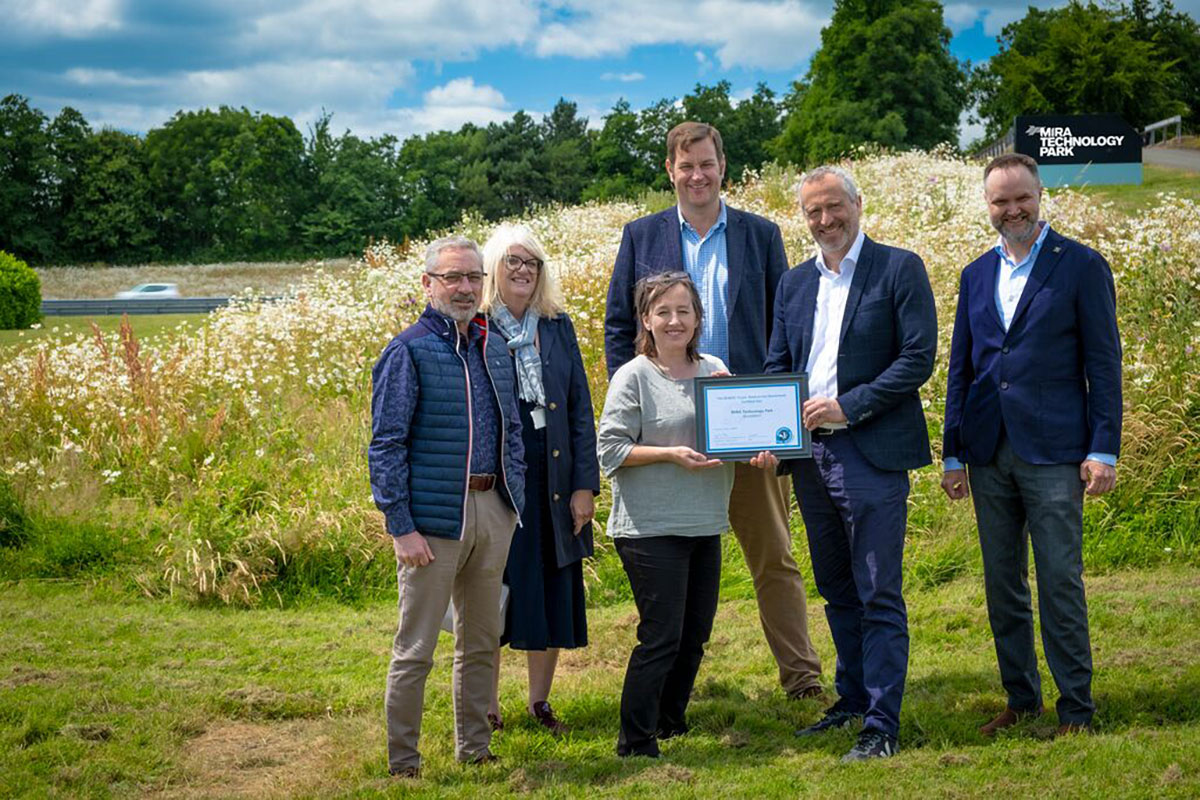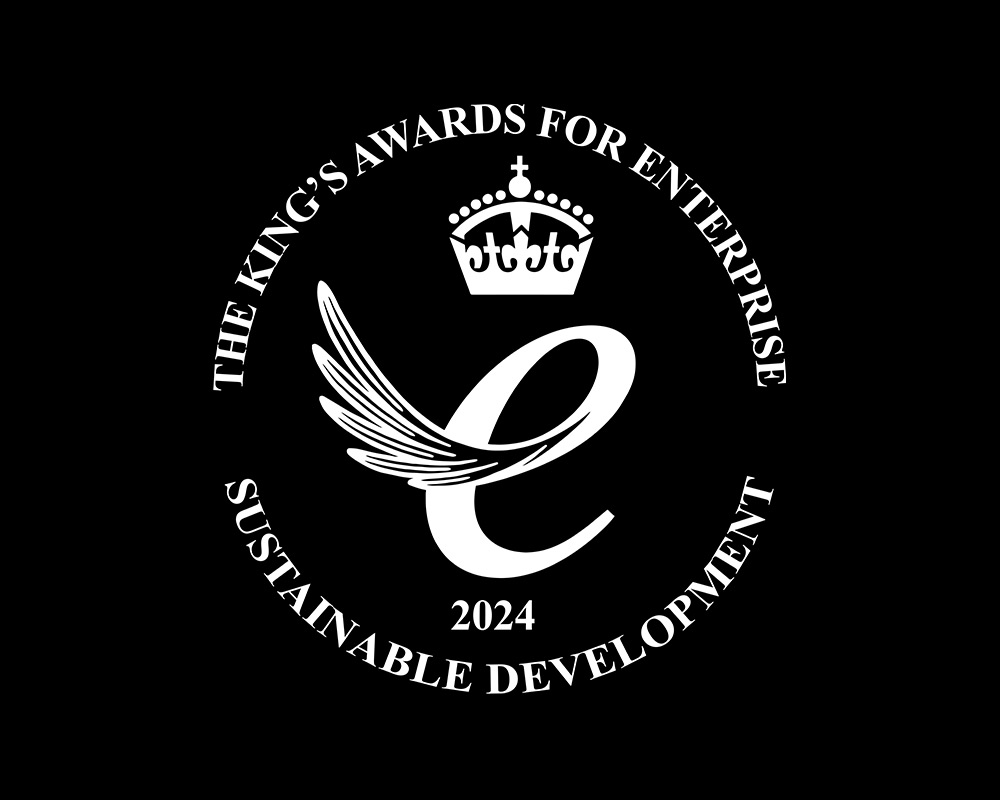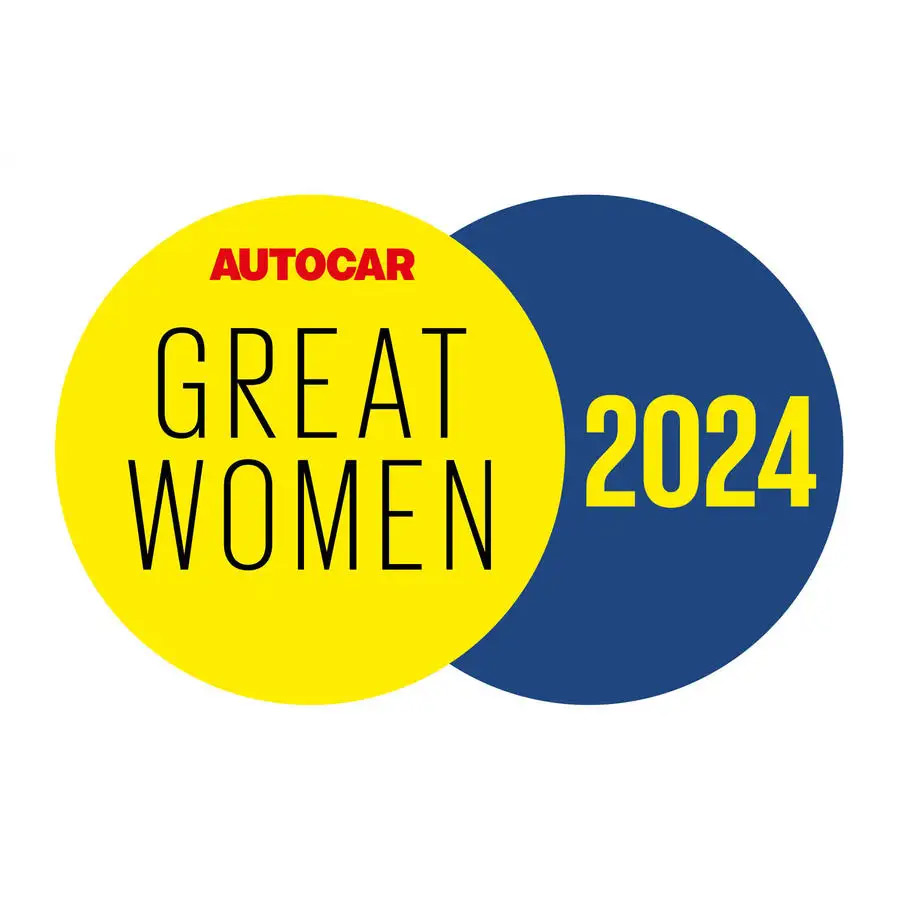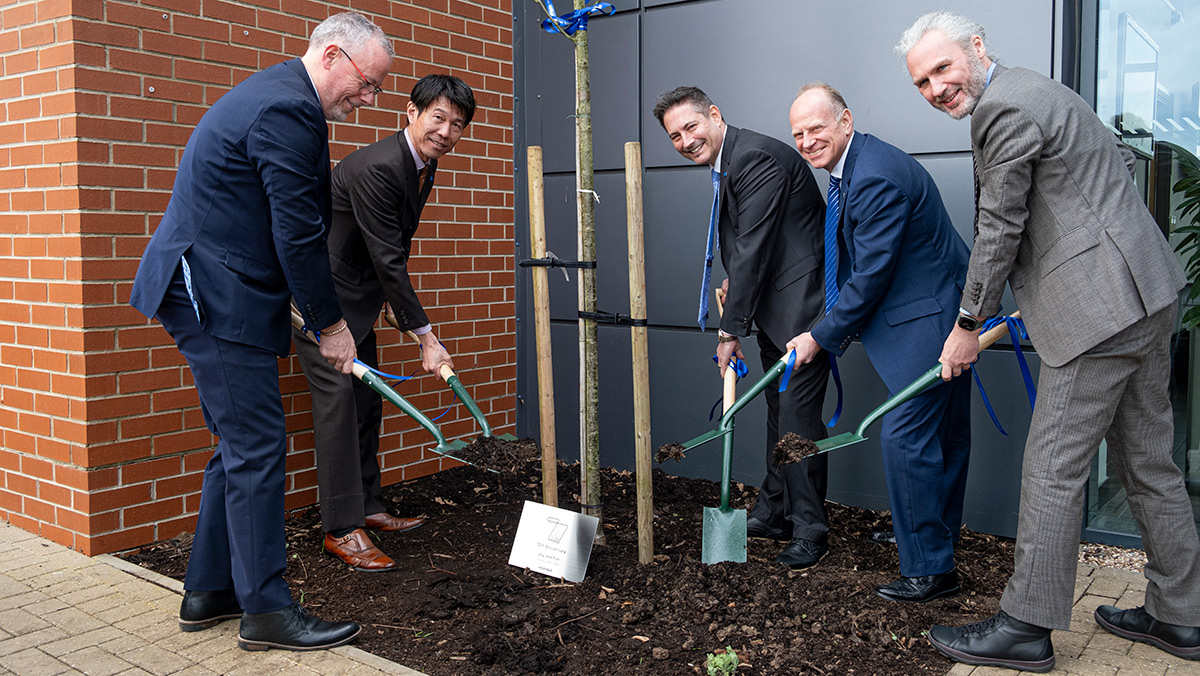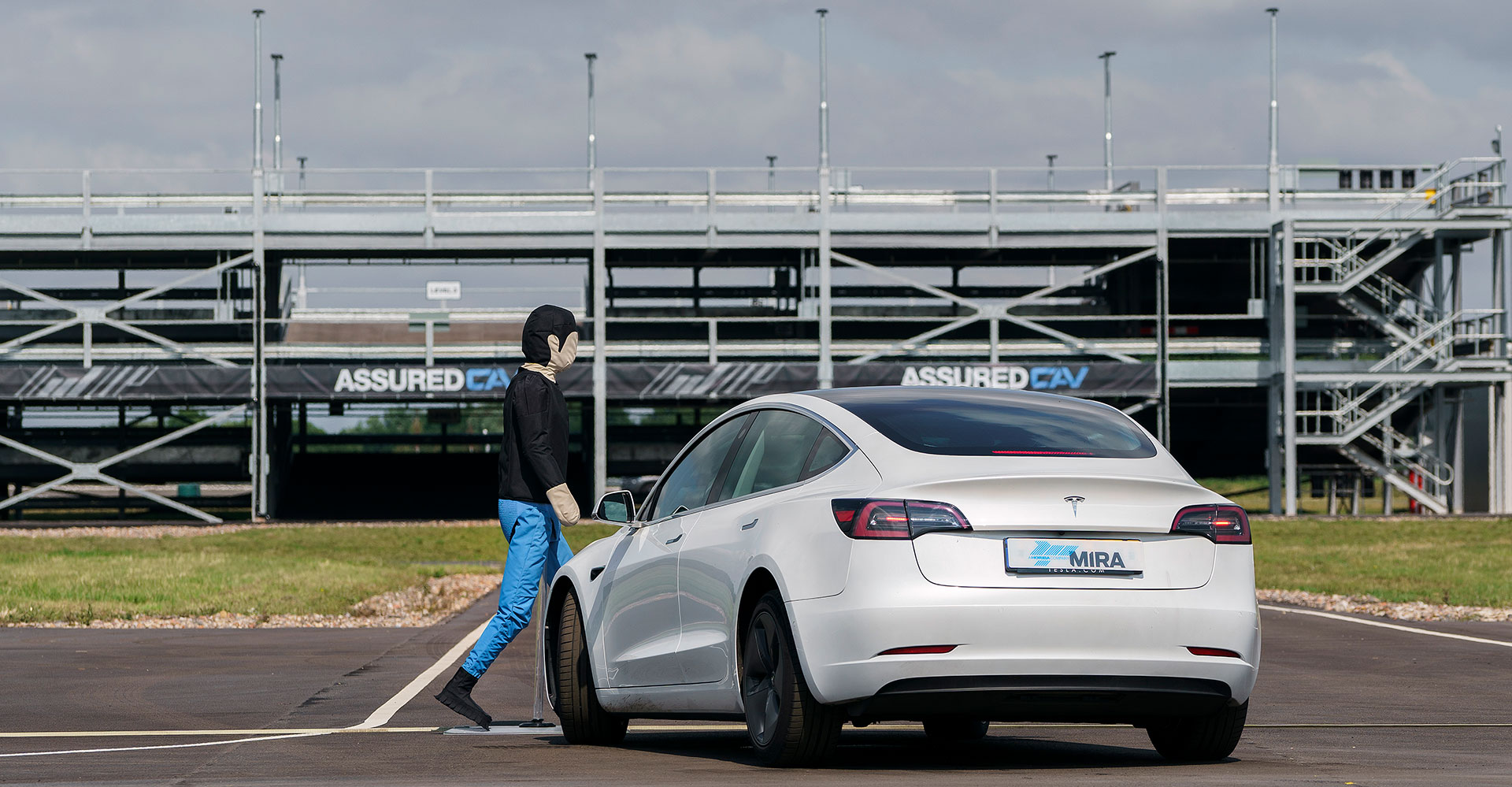HORIBA MIRA to Support Development of Connected & Autonomous Vehicle Testing Environment
HORIBA MIRA to Support Development of Connected & Autonomous Vehicle Testing Environment on Midlands’ Roads


HORIBA MIRA – a world-leader in advanced engineering, research and product testing, announces its involvement in Midlands Future Mobility, a consortium of industry and academic experts that, through ambitious technology and business innovation, will work together to transform the way we experience transportation.
The consortium is led by WMG, University of Warwick, and includes Amey, AVL, Costain, Coventry University, HORIBA MIRA, Transport for West Midlands, University of Warwick and Wireless Infrastructure Group. It is funded by the industrial partners and Innovate UK as part of the wider Meridian Testbed UK initiative.
Midlands Future Mobility will use over 50 miles of Coventry and Birmingham roads to establish the Midlands as a world class UK centre for the development, and evaluation of, connected and autonomous vehicles (CAV) and related technologies and services. End users will have access to a combination of urban roads, including intersections, junctions and pedestrian controlled areas, with hybrid connectivity and monitoring of tests and trials.
HORIBA MIRA’s role in the project includes providing guidance on simulation and modelling. This involves selecting the appropriate simulation and modelling tools to be used for the project, the development of guidance and case studies to support the planning for CAV test cases, and developing driver-in-the-loop and testbed models to aide future CAV testbed trials.

The consortium will be at the heart of the UK’s transport network, making a significant contribution to the UK’s national transport strategy, and will play a crucial role in shaping the transport sector. It will firmly establish the UK’s presence in the connected and autonomous market and contribute to the UK’s Industrial Strategy.
The selected roads cover a range of representative areas and will be the largest, most diverse testing environment in the UK. By using real roads Midlands Future Mobility will enable a variety of industries to test new vehicle technologies and services, with the aim of improving safety, efficiency and convenience for all transportation users.
This project will bring together eight complementary organisations (Amey, AVL, Costain, Coventry University, HORIBA MIRA Ltd, WIG, and TfWM) to deliver real-world environments suitable for testing CAV technology and services, and the necessary infrastructure.
Professor Lord Bhattacharyya, Chairman of WMG, commented:
“The work of Midlands Future Mobility will help create a world where we can enjoy seamless, safe automated journeys. It will be a major step change in how we experience transport.”
Geoff Davis, Chief Strategy Officer of HORIBA MIRA, commented:
“This project will accelerate the successful development and deployment of CAVs, and demonstrate that the Midlands and the UK is a leader in intelligent transport development. HORIBA MIRA has extensive experience delivering simulation led guidance in CAV programmes and we are pleased to be a part of the Midlands Future Mobility consortium providing this vital support. This project forms an integral part of HORIBA MIRA’s long term strategy to be a global leader in the development and testing of CAV technologies.”
WMG’s Professor Paul Jennings, who is the lead of the project said:
“New mobility technology and services will lead to safer, greener and more efficient transportation for both people and goods. At WMG, we are delighted to be leading the Midlands Future Mobility consortium, working with a broad and highly skilled group of partners, and helping to accelerate this journey to a better future. The Midlands has a proud heritage in the UK car industry. Now our expertise, new infrastructure and innovative technologies will set the future for the entire UK road transport system, creating knowledge, developing key skill sets and contributing to the national economy.”
